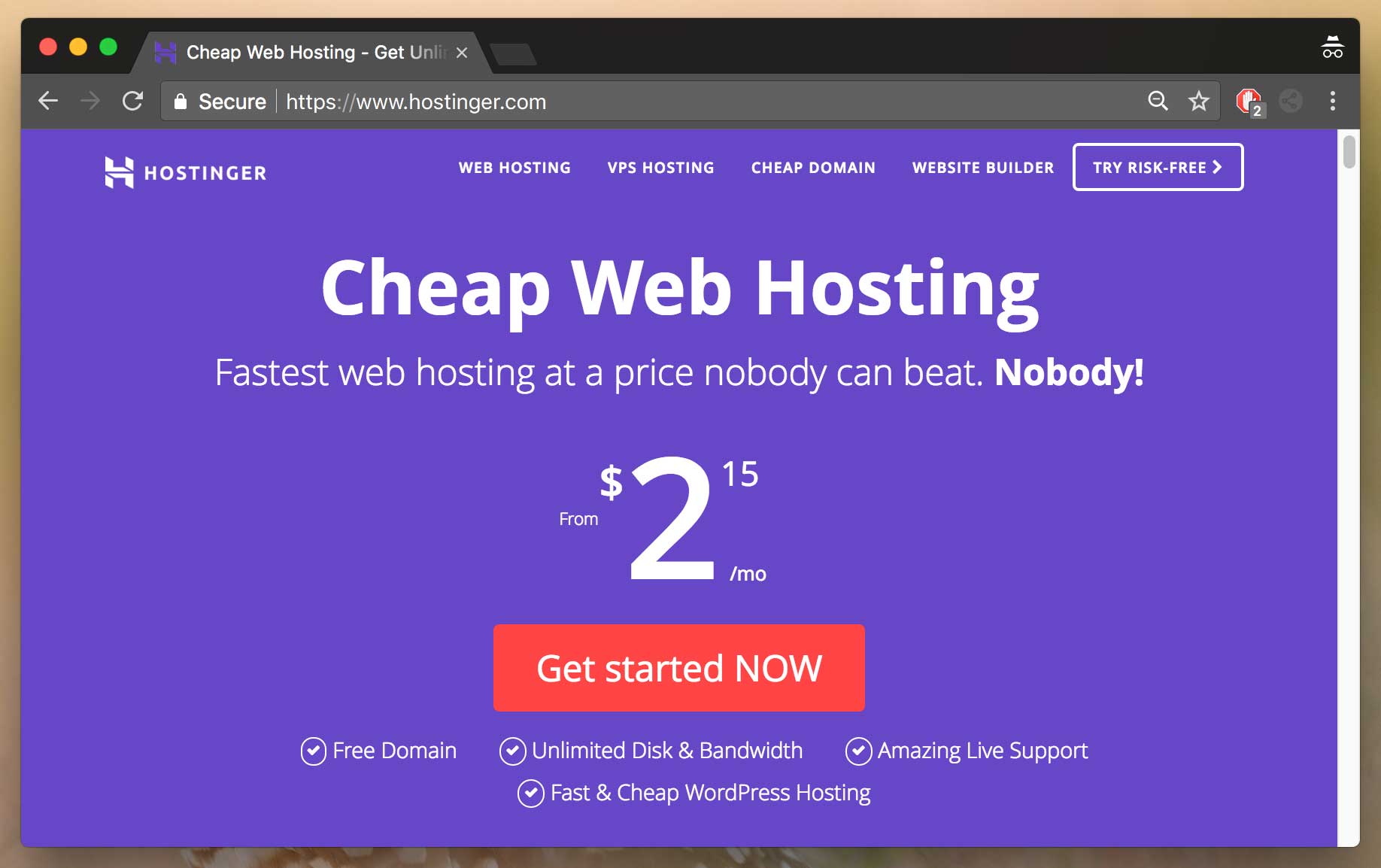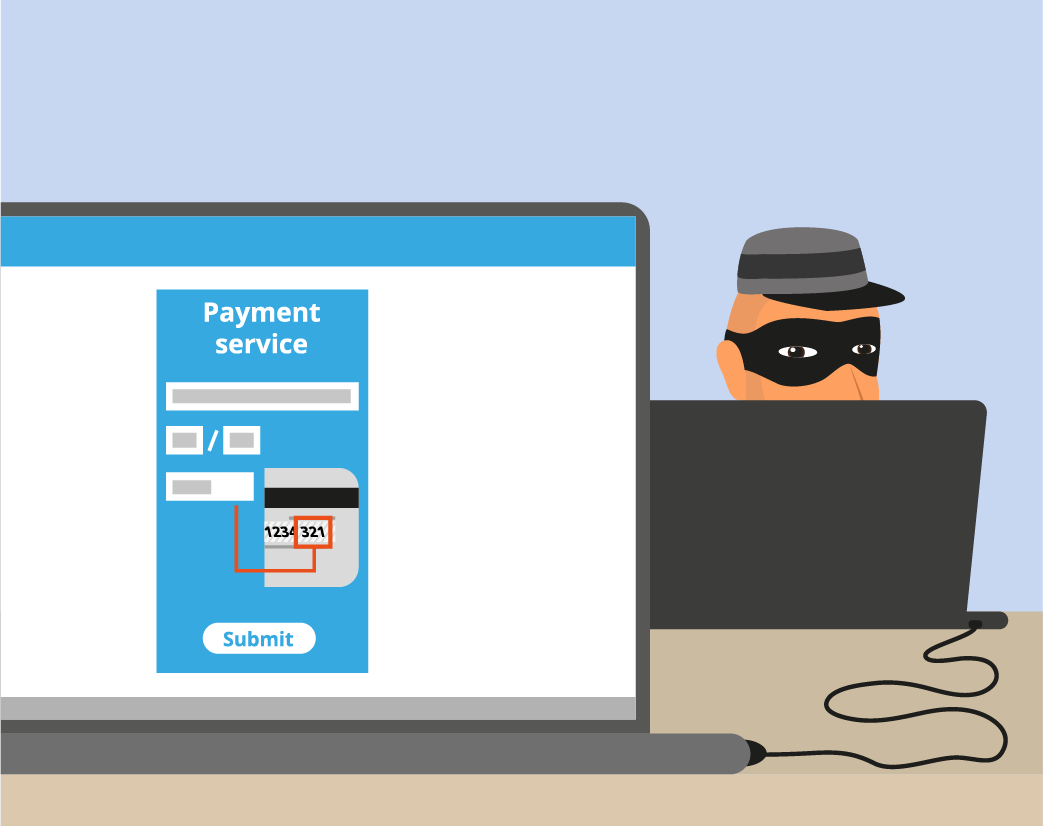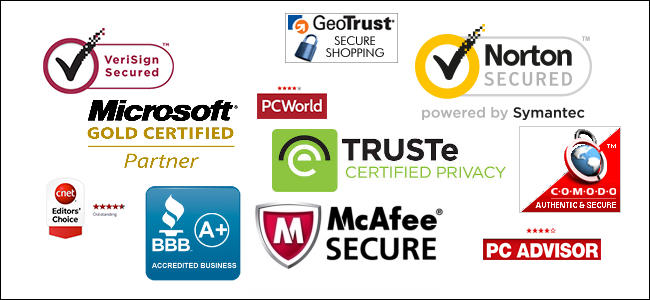The damage done by a hacker is irreparable. You may not consider your website worthy being hacked for, but your websites are endangered all the time. Hackers have malicious intents like destroying your data, your records, and even your reputation is at high risk of being defamed.
A hacker may create a temporary web server that is illegitimate or uses your server as a spam transmitter. Cybercriminals are light-footed, looking essentially for your financial information. A hacker may hack your website and hit you with ransomware. If your website has the most elemental security a hacker might rethink of hacking your site because thefts are likely to be done where there is no basic security.
In order to protect your website from cyber pillagers, here is a seven-step guide that you may follow:
KEEP ALL SOFTWARES UPDATED
It is of utter importance to keep all software and platforms updated for the security of your website. Security loopholes once tracked by a hacker can be used to easily vandalize your website. CMS providers such as WordPress, Magento, and many others deliver updates to make their software least vulnerable to hackers.
Keeping track and updating the third party plug-ins, that your website uses, is necessary because many plug-ins that are not used over time open up a portal for hackers to cause massive destruction. Sites like The Hacker News also provide precautionary updates and thus can be followed.
INSTALL SECURITY PLUGINS
After updating everything, double coat your website security by installing plug-ins which prevent hackers from doing their job.
Free plug-ins like iThemes Security and Acunetix WP Security locates the vulnerabilities in each platform, fixes it and finally exempt the hacking efforts that intimidate your website security.
For instance, SiteLock’s website security solution not just secures your website but can also protect your business. It keeps your site safe from hackers by detecting and removing malware and identifying the vulnerabilities in one’s site.
USE HTTPS
Hyper Text Transfer Protocol Secure (HTTPS) is a security protocol used on the Internet when financial or sensitive information is conveyed.
Being a consumer, one should know that these five letters are of prime importance for security indicating that it’s secure to hand over financial information on a specific website. HTTPS is a necessity for online stores.
SSL (Secure Sockets Layer) and TLS (Transport Layer Security) protocols work as an additional coat of security to your HTTP ascertaining higher security level from cyber criminals whenever exchanging sensitive information.
SQL INJECTION
When a mugger uses an URL parameter or a web form, he can become accessible to your database that may be a store of customer’s sensitive information. Such a crime is termed as SQL injection attack. This is among the most common website hacks to which many sites suffer from.
If you wish to protect your website from SQL injection attacks, the most important step is to use parameterized queries. These parameterized queries make sure that your code has enough parameters are present to saturate your space so that no room remains vacant for attackers to create havoc.
USE CSP (CONTENT SECURITY POLICY)
Just like SQL injections, XSS (Cross-site scripting) attacks implant virulent JavaScript codes in your pages of users visiting your website that are disclosed to the code. Therefore XSS hacks are considered to be a brutal enemy for which one has to raise the defense level. Parameterized queries can be used as a defensive tool against XSS attacks that will ascertain that any code being used on your website are very specific leaving no space for hackers to slip in.
Another defensive tool against XSS is CSP (Content Security Policy) that allows you to precise the domains. A browser does not pay attention to virulent scripts that cause destruction on your visitor’s operating system instead it only considers accurate sources of scripts when on your page.
CSP simply adds an HTTP header to your website that helps the browser to differentiate between domains that are valid and those that are exempted from the rules.
SECURE YOUR PASSWORDS
Although it is intriguing to use a password that provides you with ease but it is of prime importance to use complex passwords for your server and websites and urge your visitors to do the same so that their accounts remain secure.
Complexity can be achieved by using special characters, numbers, and letters. Make sure that your password is lengthy. In short, make all the required efforts to create a complex password that is secure and unpredictable.
Vulnerabilities can develop that may attract a hacker to hack your website if you are using a weak password. So set your standards high and urge others, having access to the website, to do the same.
CAMOUFLAGE YOUR ADMIN DIRECTORIES
A clever way used by hackers to become accessible to your site’s data is by attacking directly on the source and hacking into the admin directories.
The scripts used by hackers can scan all the directories on a web server searching for names like ‘access’, ’admin’ etc. and then the hacker targets these files to weaken your website protection. An ingenious tactic is to rename the admin folders in order to defend from the hacker’s malicious attacks.
CONCLUSION
The well-known truism ‘That won’t happen to me’ is long gone as in the world of internet security a strategized hack can compromise yours and your user’s personal information. Money spent in the name of security can protect your website as well as your reputation, because being a business owner your reputation is everything that you have. Therefore by implying these 7 basic steps you can prevent yourself from becoming an easy prey for cyber predators.
Share this article
About the Author
Rutaba Rais is Editor at Be Encrypted with focus on Technology and Internet Security. Apart from her Healthcare background, she has interests in Lifestyle, Journalism, and expressing her opinion by her writing. You can follow her on Twitter.
More from Rutaba RaisRelated Posts
Best WordPress Hosting For Bloggers
WordPress is the most used CMS all around the world and that’s because the ease it provides to the u...

Is Hostinger Worth It? compateblity WP
Hostinger was started back in 2004 by the company “Hosting Media” that is located in Kaunas, Lithuan...
8 Best WordPress Security Plugins For Top Security
WordPress is the most used CMS “Content Management System” and it’s free to download and use. Thousa...
The Best SSL Certificate Providers to Secure Your Site
KEY TAKEAWAYS Since every Certificate Authority and their respective SSL certificates have incompara...

How to Secure Your eCommerce Website with an SSL Certificate
SSL certificate being a necessity for today’s age has too compelled Google and other browser authori...

Website Security Certificate – What It Is And Why You Should Care
The error “There is a problem with this website’s security certificate” is quite commonly observed. ...

